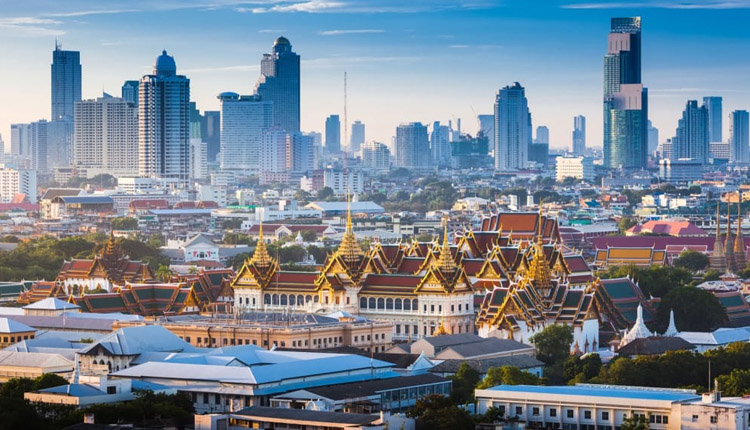The Prime Minister of Thailand Srettha Thavisin requested that the central bank call an emergency meeting of its Monetary Policy Committee to lower interest rates, citing that the country’s economy was in a crisis based on the most recent data, according to Bloomberg.
Srettha posted “I would like to implore the MPC to urgently call a committee meeting to consider reducing interest without waiting for a scheduled meeting”.
The regular meeting of the rate-setting panel, which is chaired by Governor Sethaput Suthiwartnarueput of the Bank of Thailand (BOT), is not scheduled until April 10. When asked about Srettha’s request for an urgent meeting, a BOT representative stated that the bank would not be responding.
The prime minister of Thailand and the head of the central bank are at odds over policy rates, which is the most recent example of their public disagreements over the government’s proposed cash stimulus and the evaluation of the second-biggest economy in Southeast Asia. Investors are alarmed by the rift as it exposes the differing opinions of influential policymakers in managing the $500 billion economy.
As Srettha called for an out-of-cycle MPC meeting to reduce borrowing costs, which are at a decade-high, the baht dropped as much as 0.5 per cent. As foreign investors continued to avoid Thai assets, the currency went from being the best performer in Asia in the last quarter of 2023 to the second-worst this year.
“This call represents rising headwinds for the baht given the apparent escalation of pressure on the central bank to cut before the next meeting in April,” Moh Siong Sim, a currency strategist at Bank of Singapore Ltd stated.
“The baht is likely to remain under pressure in the near term amid a firm dollar backdrop.” He added.
Catch 22 situation
Simmering tensions highlight the importance of central bank independence in a nation where conflict between the monetary authority and the government is commonplace. The central bank governor was fired by then-prime minister Thaksin Shinawatra in 2001 because the official disobeyed his demand for higher interest rates.
“This is an important issue which puts the BOT in a bit of a catch-22 situation,” Euben Paracuelles, chief Asean economist at Nomura Holdings Inc said.
“The economy is clearly weakening as confirmed by the GDP data, and therefore warrants a monetary response. But the BOT also doesn’t want to be seen as acting on this seemingly strengthening push from the PM to cut rates.” He continued.
Moreover, The BOT hasn’t responded to the depressing GDP data released on Monday, but an assistant governor previously stated that if the economy’s weakness is long-lasting rather than temporary, authorities would be willing to consider reducing borrowing costs. On February 7, the rate-setting panel decided against implementing Srettha’s request for a 25 basis-point reduction, leaving the interest rate at 2.5 per cent.
According to the data released on Monday, the gross domestic product grew 1.7 per cent in the fourth quarter over the same period last year, less than the median 2.6 per cent prediction made by Bloomberg’s panel of economists.
Quarter on quarter (QOQ), output decreased by 0.6 per cent compared to a 0.1 per cent decline predicted. The economy expanded 1.9 per cent in 2023 as a whole, continuing a decade of sub-2 per cent average growth.
Thailand has been experiencing deflation since October, as evidenced by four months of negative consumer price readings. Another point of contention with Srettha is the BOT’s argument that state subsidies are to blame for the negative inflation rather than a lack of demand.
For the past fifteen months, factory output has decreased as a result of a decline in exports brought on by a slowdown in the market for electronics, cars, and other goods.
The case for Srettha’s plan to support growth with a $14 billion cash handout to citizens to boost consumption is strengthened by Thailand’s modest economic recovery. However, the central bank and economists have criticized the idea as risky for fiscal consolidation and inflation.
